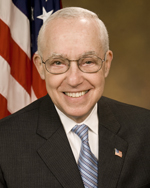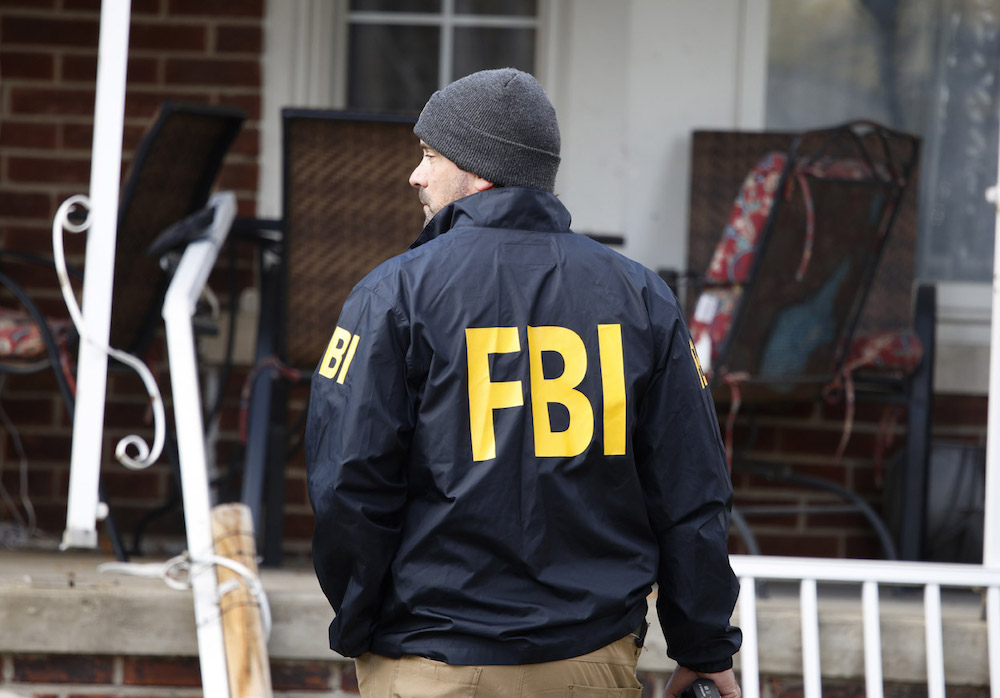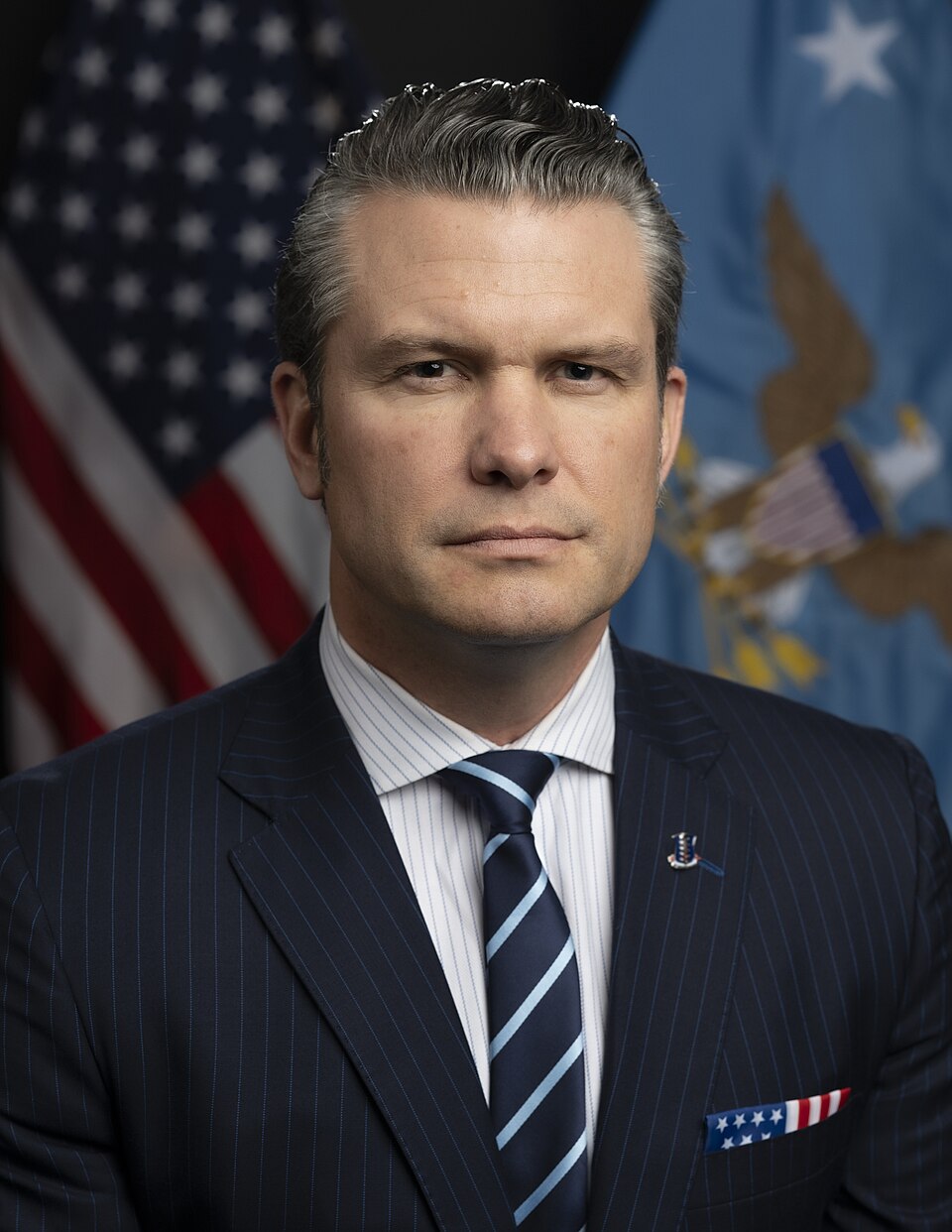Michael Mukasey is a former N.Y. federal judge who served as the U.S. Attorney General from November 2007 to January 2009.

It seems to me unlikely that Umar Farouk Abdulmutallab will be known to future generations of lawyers for generating any groundbreaking legal principle or issue. But when it comes to illuminating our public discourse about the “global war on terror,” he is right up there with Clarence Earl Gideon, Ernesto Miranda or even Jose Padilla. His case presents in one tidy package virtually all the issues that arise from the role intelligence plays in this struggle and compels us to examine what the law requires and what it doesn’t.
When Abdulmutallab tried to detonate a bomb concealed in his undershorts, he committed a crime; no doubt about that. He could not have acted alone; no doubt about that either. The bomb was not the sort of infernal device readily produced by someone of his background, and he quickly confirmed that he had been trained and sent by al-Qaeda in Yemen.
What to do and who should do it? It was entirely reasonable for the FBI to be contacted and for that agency to take him into custody. But contrary to what some in government have suggested, that Abdulmutallab was taken into custody by the FBI did not mean, legally or as a matter of policy, that he had to be treated as a criminal defendant at any point.
To read more click here.



